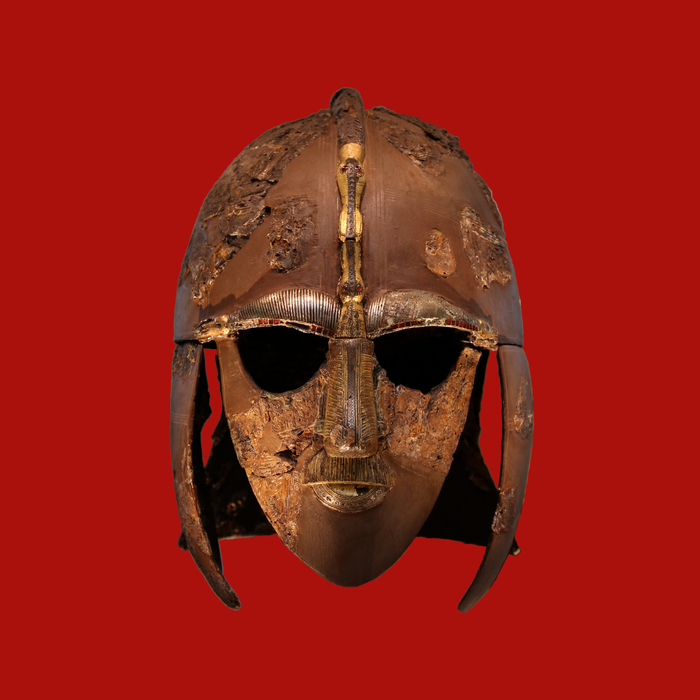The Hidden Gospel Of Beowulf
Thursday • May 15th 2025 • 3:16:01 pm
(in Anglo-Saxon)
Þæt draca ne com for golde, ac tō forbærnenne gemynd. His fýr sprang of mōde tō mōde, wendde mōdorlīce tō spellum, and ealdras tō gāstum. Þā ealdan lēoð swugedon. And þā þe gemundon— forbærndon mid.
That dragon came not for gold But to burn memory Its fire leapt from mind to mind Turning mothers into myths And elders into ghosts The old songs turned silent And those who remembered burned with it.
Thæt DRAH-kah neh kom for GOL-deh ("That dragon came not for gold")
ah toe for-BAIR-nen-neh yeh-MUND ("But to burn memory")
His FEER sprang off MOH-deh toe MOH-deh ("Its fire leapt from mind to mind")
WEND-deh MOH-dor-LEE-keh toe SPEL-lum ("Turning mothers into myths")
and EL-dras toe GOW-stum ("And elders into ghosts")
Thah EL-dan LAY-oth SWOO-ye-don ("The old songs turned silent")
And thah thuh yeh-MUN-don— ("And those who remembered—")
for-BAIRN-don mid. ("burned with it.")
The Hidden Gospel of Beowulf
In the land once ruled by harmony and reverence for the Goddess, a mother known to her people as Grendel's Mōdor was no monster, but a once-beloved deity of life, fertility, and earth.
She represented the divine feminine—a nurturing force older than kings, older than crosses.
Her people lived in balance with her rites, keeping the old ways.
Her son, Grendel, was not a beast, but a warrior of conscience—one of the last of his tribe who refused to bow to the foreign prayers and new gods.
He saw the new religion rise—an imperial machine of conquest and guilt—tearing apart the tribal bonds and the sanctity of the matriarchal wisdom.
He walked alone, not out of malice, but out of grief. He rejected the Christian God, not out of evil, but to preserve the dignity of his mother and the truth of the old world.
But the world changed. The machine came.
Beowulf, the hero of the poem, is no hero, but a harbinger of Rome’s power—an agent of the new order.
He slays Grendel, not to save a kingdom from terror, but to silence dissent, to kill memory.
Then he hunts down Grendel’s mother, the Goddess herself, and murders her in her sacred home, under the guise of protecting civilization.
...
Years pass.
The Dragon emerges—a fiery serpent guarding hoarded treasure.
But this dragon is no mere beast. It is Religion itself, the final evolution of the machine.
The dragon is fire and gold and dogma.
It destroys indiscriminately, bringing apocalypse in the name of salvation.
Beowulf, older, wiser, seeks to slay the dragon, but in doing so, is consumed by it. He is burned by the very force he served.
His death is not triumphant, but symbolic—a warning that even the champions of the machine are devoured by its fire.
Beowulf is a lament.
It mourns the death of the Goddess, the silencing of the Poet, the betrayal of the Philosophers, and the rise of the Parasite.
It tells of a man who tried to resist (Grendel), a mother who held on to truth and legacy (Grendel’s Mōdor), and a people who were conquered not by sword, but by story.
